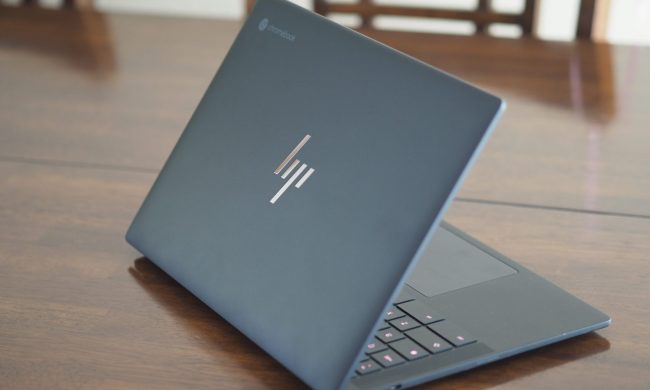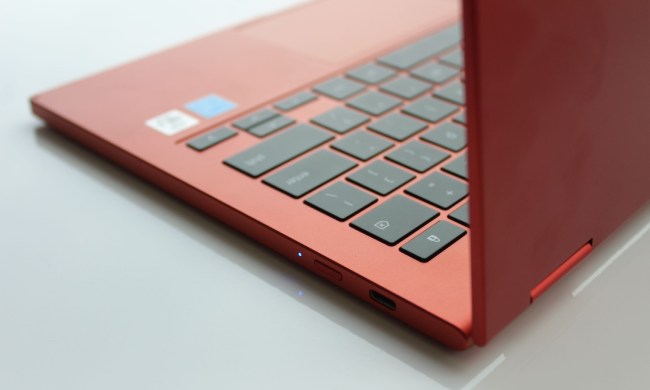
While support for Linux on some Chromebooks has been around since last year’s Project Crostini launch, Google has said that all of the Chromebooks launched this year will have the ability to run Linux “right out of the box.”
According to ZDNet, the technology company mentioned the not-so-small detail about the future of its flagship laptops during this year’s Google I/O in Mountain View. In addition, the Linux support announcement is expected to cover all types of Chromebooks launched this year, including Intel and ARM-based Chromebooks.
Furthermore, as Engadget notes, Google is also offering more Chromebook updates that are designed to better facilitate the creation of more Android apps on Chrome OS.
One of these developer-friendly updates actually involves improving the connection between Chrome OS and Linux via the file manager. With this update, Chromebook users can utilize the files app to “swap and move files” among their Chrome OS storage, Google Drive account, and Linux.
And Chromebook-using developers will also be happy to hear that Google is improving the installation process of the Android Studio development environment. Chromebook users can expect to see a one-click installation for Android Studio.
Other improvements Google is planning to roll out to future Chromebooks include: Secure USB support, and improvements to port forwarding (which is intended to allow developers to run and debug web servers through Linux.) The secure USB support is expected to cover Chromebooks and Android phones in an effort to help app developers build and push app builds to phones, as long as Android “developer-recommended” Chrome OS devices are used to do so.
Google’s recent focus on improving Chromebooks and enhancing their support for Linux and Android app building isn’t really a surprise considering the recent stats regarding Chromebooks and Android apps. In fact, as Engadget reports, Google even referenced data that not only said 21% of all laptops sold in the United States were Chromebooks, but also mentioned that over the past year, the number of monthly Chrome OS users who used Android apps had increased by 250%. With numbers like that, Google has every reason to work towards improving Linux and Android app developing support on its Chromebooks going forward.


